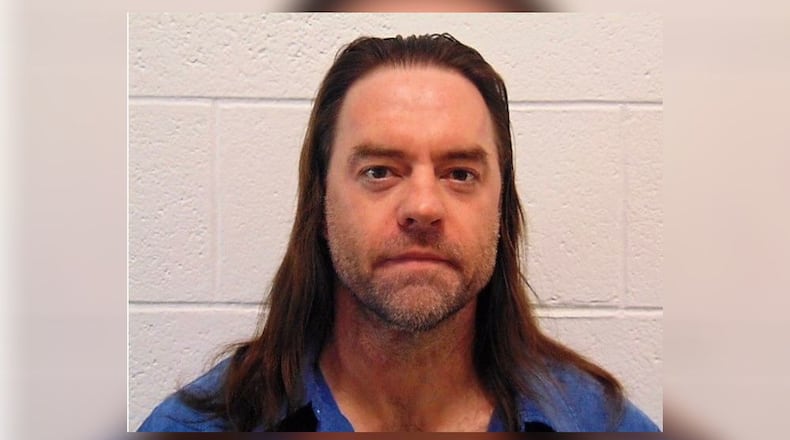Credit: FILE
Credit: FILE
The Michigan man’s attempt at clemency – supported by the Innocence Project and others - for a 34-year-old murder conviction has been turned down by Michigan Gov. Gretchen Whitmer.
Oakwood students have been sending letters to Whitmer, urging her to reconsider Kensu’s request.
The OHS students “may not remember stuff they learned for a test, but they will remember writing clemency letters to the governor of Michigan,” Wargacki said in an email.
Freeman was convicted of murder in 1987 and given a life sentence without the possibility of parole, according to the Innocence Project website.
But at the time of the crime, Freeman was hundreds of miles away, according to the project, a 501 nonprofit legal organization that is seeks to exonerate those it claims have been wrongly convicted.
Wargacki describes herself as “a huge supporter of the police,” but said those prosecuting and deciding the Kensu case overlooked some glaring details.
Wargacki said she chose the case for the Forensic Science II class “because there is truly no physical evidence tying him to the crime scene” and his whereabouts 450 miles away at the time of the crime were “proven by at least nine witnesses.”
The Oakwood students’ efforts were acknowledged by Kensu, she said.
“He wrote the students a thank you for writing the clemency letters on his behalf,” Wargacki said. “We will potentially have the opportunity to Zoom with him at some point, but with COVID, things are a bit tricky.”
Kensu’s attorney later contacted Wargacki, she said, as did a private investigator on the case who is a 34-year veteran of the police department that helped to prosecute him. Both expressed their gratitude, Wargacki added.
OHS senior Ella Conrad said “anybody who reads it or hears about it, I feel, like, can agree that it’s pretty bizarre that he even would have been convicted in the first place,” a Detroit television station reported.
The clemency letters were the final assignment in a project that started by listening to an episode of a podcast that featured Kensu’s case, Wargacki said.
“I did not tell the students anything prior to them listening to the podcast,” she said. “After they listened, they had to write a summary of the case and then discuss their own thoughts and opinions about it.
“The students questioned the lack of evidence and were so shocked that someone could be found guilty with so little concrete physical evidence,” Wargacki added.
The 16-year Oakwood teacher said she hopes students studying the Kensu case will better understand why wrongful convictions occur and how they can be overturned.
“I think these real-world experiences are very powerful,” Wargacki said. “If Temujin is released from prison they will know that played a small role.”
About the Author


